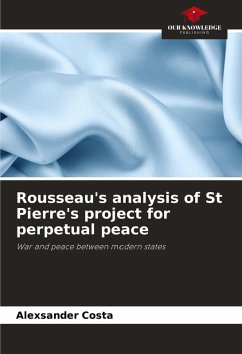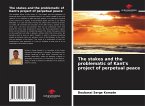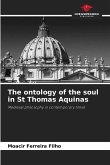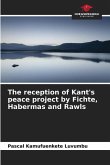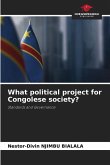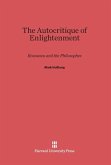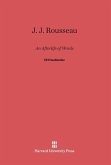Saint-Pierre envisages perpetual peace in Europe through institutionalised conditions in order to legitimise a space that aims to facilitate a unified market between the member states. On the other hand, Jean-Jacques Rousseau believes that Saint-Pierre's thinking is impregnated with naivety when it comes to the sovereigns' policy of government and, furthermore, because he believes that, mediated by a confederative assembly, the princes would voluntarily agree to be part of this project of perpetual peace. However, Rousseau doesn't consider it impossible to realise this project, but in order to obtain peace, force is necessary. Faced with this debate, who would be right? Understanding this debate was only possible through analysing the primary works of the aforementioned thinkers and the necessary theoretical background of specialists, such as Evaldo Becker, Gelson Fonseca Jr, Luiz Felipe de Andrade e Silva Sahd, José Oscar de Almeida Marques, José Benedito de Almeida Jr. who provided a broad understanding of the fundamental concepts elaborated by the Genevan philosopher and the themes that touch on the relationship between states.
Bitte wählen Sie Ihr Anliegen aus.
Rechnungen
Retourenschein anfordern
Bestellstatus
Storno

